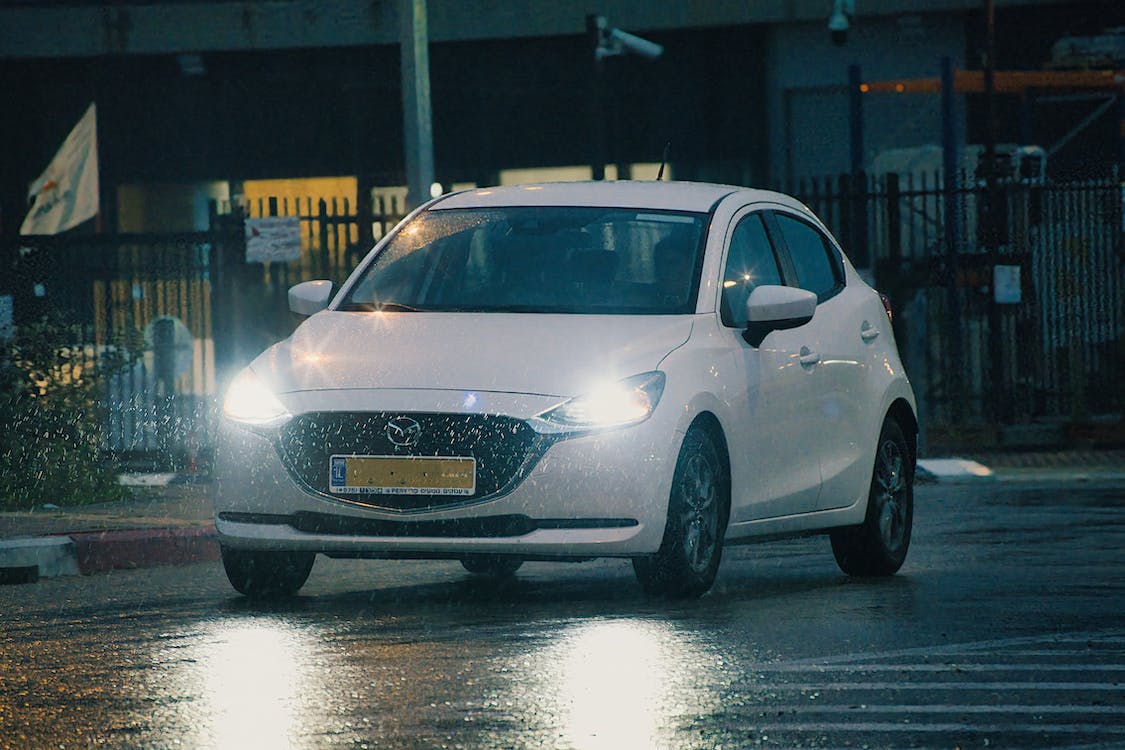Introduction:
Buying a car is a big decision that needs to be carefully thought out. With so many options on the market, it's important to do your research and take into account a number of factors before making a decision. The ten most important factors to think about when purchasing a car will be covered in this article, with a focus on things like car valuation, tyres, the dashboard, side mirrors, and the battery.
1.Car Valuation:
Finding out the value of a car is essential before purchasing one. Investigate the going rates for the model you're interested in, taking into account the age, mileage, condition, and any extra features of the car. You can determine whether the price is in line with the car's value using online resources and guides for vehicle valuation.
2.Reliability and Maintenance:
Take into account the brand and model of the car's dependability. Check out the ratings, reviews, and reliability reports from reliable sources. Investigate the availability and expense of repairs and replacement parts for the particular car. A dependable car with affordable maintenance fees can help you avoid future problems and costs.
3.Tyres:
In terms of a car's overall performance and safety, tyres are extremely important. Before making a purchase, examine the tyres' condition and tread depth. Think about choosing all-season, winter, or performance tyres that are appropriate for your driving conditions. Additionally, it's critical to understand when the tyres were last replaced and what their expected lifespan is.
4.Dashboard and Infotainment System:
While driving, the infotainment system and dashboard offer both necessary information and entertainment. Make sure the dashboard layout is simple to use and allows for easy viewing of crucial gauges and controls. Check your smartphone's compatibility, the infotainment system's usability, and its features, such as navigation, Bluetooth connectivity, and audio quality.
5.Side Mirrors:
In order to be seen and to be safe, side mirrors are essential. During a test drive, look at the side mirrors to see if they can be adjusted. Consider adding features that will improve your driving experience and safety on the road, such as heating, automatic folding, and blind-spot detection.
6.Battery:
The electrical system of a car is powered by its battery. Ask about the battery's age, upkeep history, and remaining life when purchasing a used car. When negotiating the price, take the cost into account if the battery needs to be replaced soon. Be sure to consider the battery's capacity, charging time, and warranty if the vehicle is an electric vehicle (EV).
7.Fuel Efficiency:
Think about the car's fuel efficiency, especially if you frequently commute or need to travel long distances. You can save money on fuel costs and lessen your carbon footprint by driving a car with good fuel efficiency. If environmental sustainability is important to you, look for vehicles with hybrid or electric options.
8.Safety Features:
Airbags, an anti-lock braking system (ABS), traction control, stability control, and an electronic stability programme (ESP) are just a few examples of crucial safety features that should be present in the vehicle. Safety is improved by the addition of advanced driver assistance systems (ADAS) like adaptive cruise control, lane-keeping assist, and collision warning.
9.Test Drive:
To evaluate the car's handling, comfort, acceleration, and braking, always take a thorough test drive. Test out different driving situations, speeds, and maneuvers to see how the car handles. Pay attention to any odd vibrations, noises, or handling issues that could point to a potential issue.
10.Insurance and Ownership Costs:
Think about the cost of ownership and insurance for the car you're thinking about. Certain models might have more expensive insurance rates or necessitate expensive maintenance services. To make an informed choice, do your homework and compare insurance quotes.
Conclusion:
A car purchase requires a sizable financial commitment, so taking these ten considerations into account will help you make an informed decision.(car valuation)





